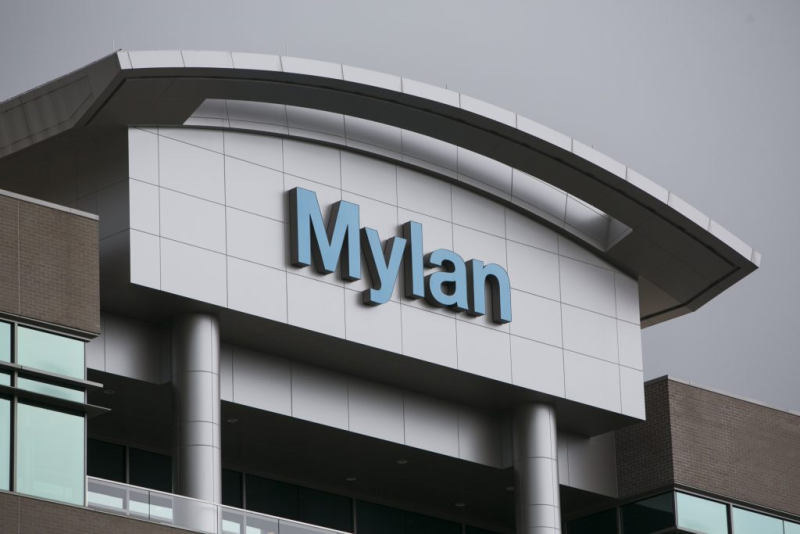Less than a year after Mylan Pharmaceuticals’ CEO appeared before Congress to defend against charges of price-gouging, which at least one Representative called “sickening,” the company agreed to pay $465 million to resolve claims the company had defrauded the Medicaid program. It was in September of 2016 that Heather Bresch, earning $18 million per annum, defended the pricing of Mylan’s EpiPen, which about 3.6 million Americans rely on to treat severe allergic reactions in emergency situations.
The company had raised the price from about $100 to $608 for a two-pack over the previous decade, despite revenues of $11 billion annually. Ms. Bresch had said at the time, that “The story got ahead of the facts.” But less than a year later, the facts were clear: Mylan’s price-gouging had been part of a scheme to defraud Medicaid.
According to the U.S. Department of Justice, the Medicaid Drug Rebate Program has a two-tiered system to prevent price-gouging. The program requires brand-name drugs produced by a single source to pay a higher rebate and allows generic drugs which are subject to marketplace competition to pay a lower rebate.
The DoJ alleged that Mylan had deliberately misclassified its brand name drug, EpiPen, as a generic, so the company would be required to pay lower rebates. The scheme also freed Mylan from an obligation to increase its rebate amount as it raised the price of the drug. As a result, Mylan was able to raise the price of EpiPen by about 400 percent from 2010 to 2015, without adjusting the 13 percent rebate the company paid Medicaid.
The federal action began as a whistleblower complaint under the False Claims Act, which allows insiders with knowledge of fraud against the government to file suit on the government’s behalf and to share in the government’s recovery. In this case, the insider was the drug’s manufacturer, Sanofi-Aventis US LLC, which received roughly $38.7 million for coming forward.
